Air Ratchets
Air ratchets are like the trusty sidekicks in your garage or workshop, always ready to jump into action when you're dealing with stubborn nuts and bolts. They're powered by compressed air, which means they do the hard work for you, making tightening and loosening a breeze. Imagine having three different pals, each with their unique strengths: the 1/2 inch air ratchet is the strong one, perfect for those tough, heavy-duty jobs. It's like the friend who always has your back during the heavy lifting. Then there's the 3/8 inch air ratchet, the versatile one in the group, great for a variety of tasks, just like that buddy who's always up for anything. Lastly, the 1/4 inch air ratchet is the nimble, precise one, slipping into tight spaces effortlessly – think of the friend who's great at solving puzzles. These air ratchets aren't just tools; they're your partners in getting the job done efficiently and comfortably. They help you save time and effort, letting you focus on enjoying your work and the satisfaction of a job well done.

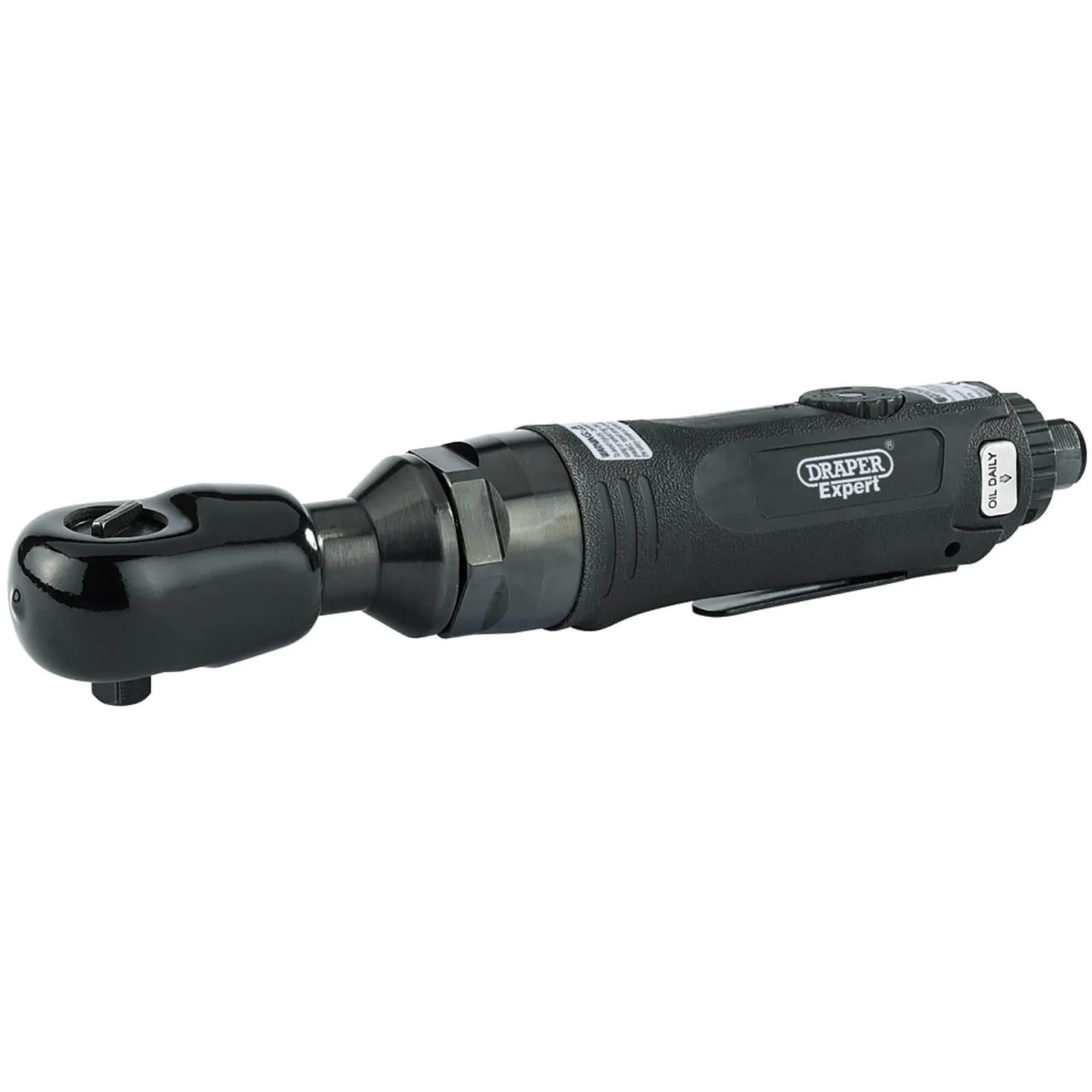

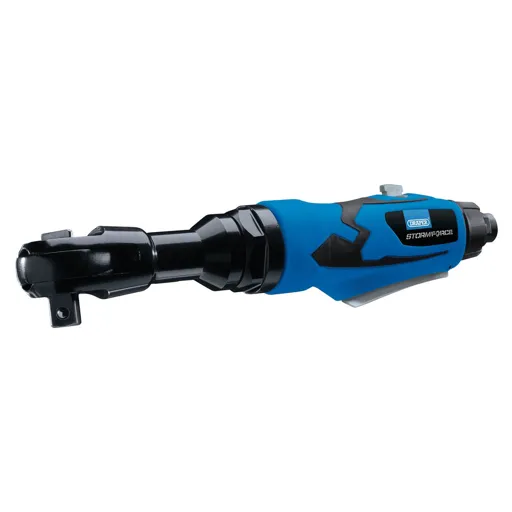
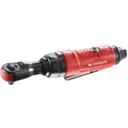
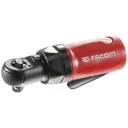
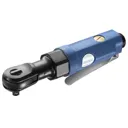
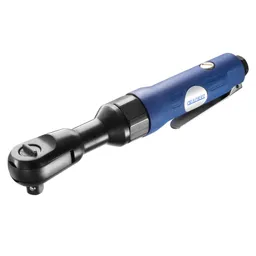

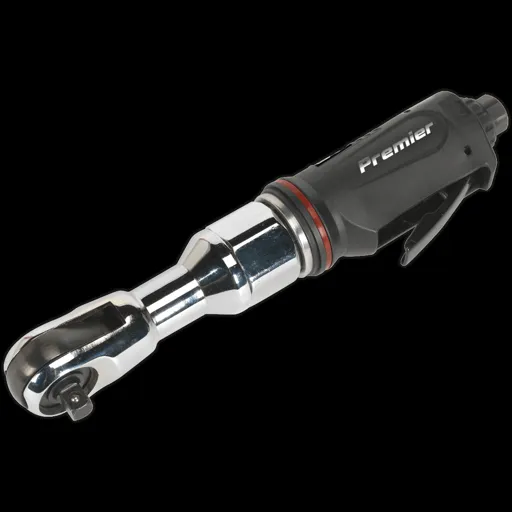
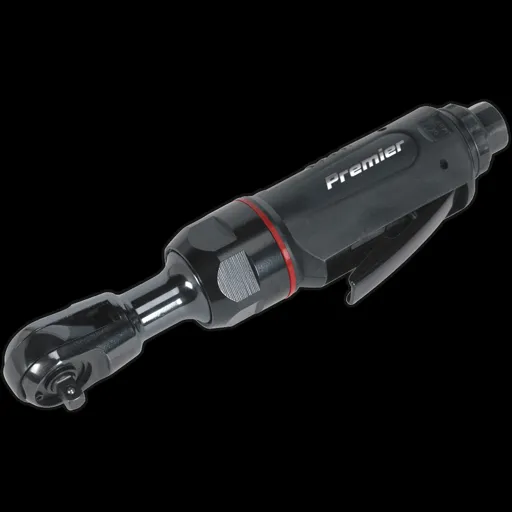
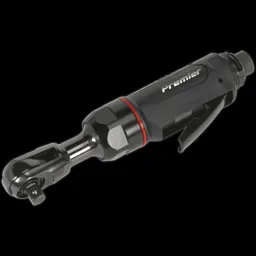
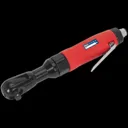
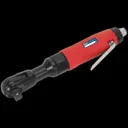
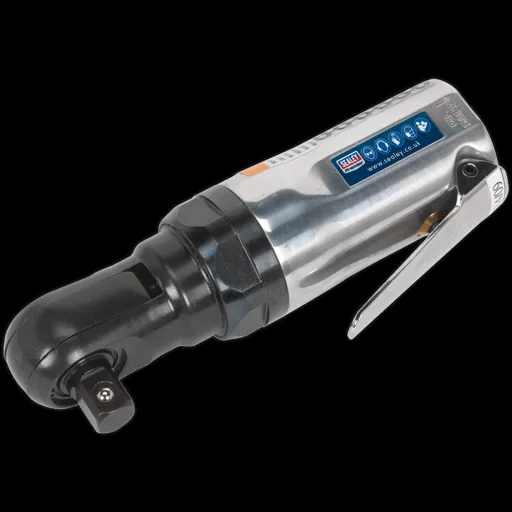
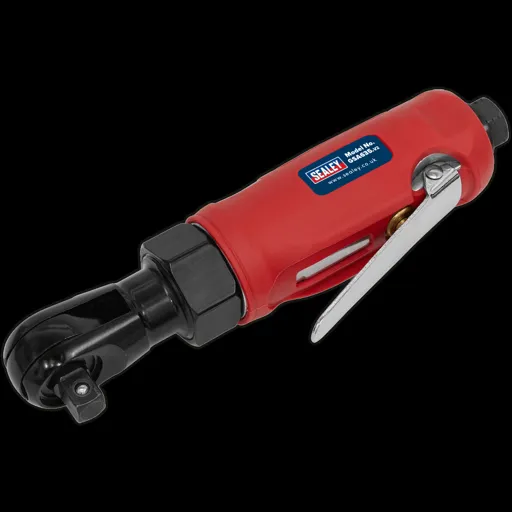
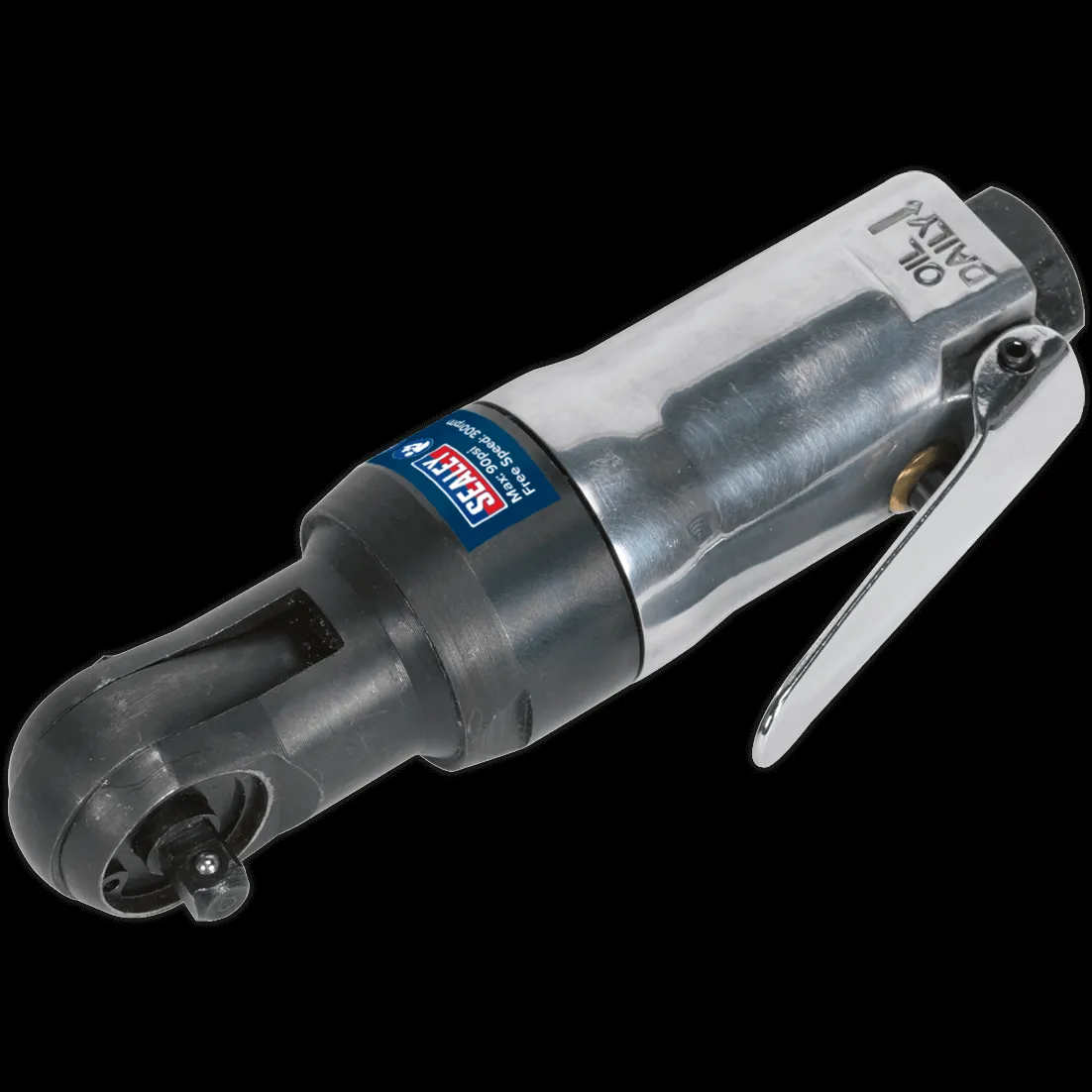
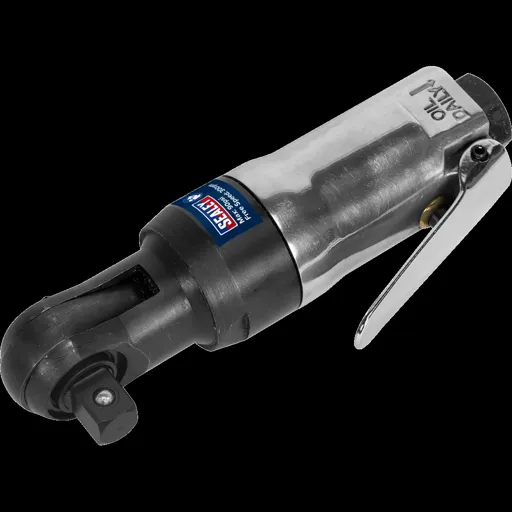
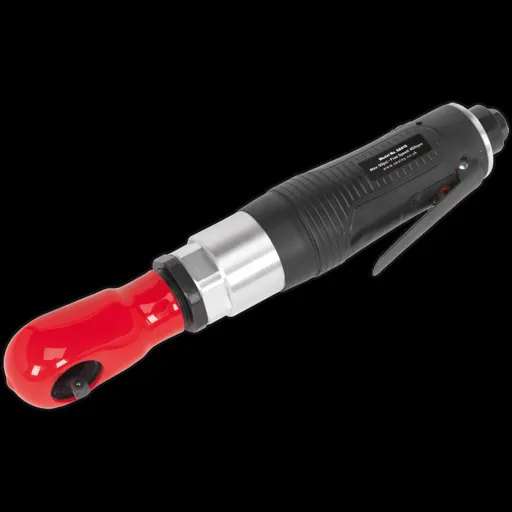



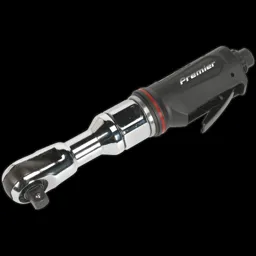
What you need to know before you buy an air ratchet?
When choosing an air ratchet, a specialised tool widely used for loosening and tightening bolts and nuts, it's crucial to select one that suits the specific demands of your mechanical or automotive tasks. Air ratchets are a favourite in automotive repair, machinery maintenance, and various assembly work for their speed and efficiency, particularly in tight spaces where manual ratchets may be cumbersome.
The air ratchet 1/2 is a common size, offering a good balance between torque and control. It is ideal for a range of tasks, from engine work to general automotive repair, and is a popular choice for both professionals and DIY enthusiasts due to its versatility.
Comparing an air ratchet to an air impact wrench is useful to understand their specific applications. While both tools are used for similar tasks, an air impact wrench typically offers higher torque output and is more suited for heavy-duty tasks where larger bolts and nuts are involved. In contrast, an air ratchet provides greater speed and convenience for lighter tasks and in confined spaces.
When choosing an air ratchet, key considerations include the tool's torque output, which determines its effectiveness in loosening and tightening fasteners. The size of the drive (like 1/2 inch) is also important to ensure compatibility with the sockets you plan to use. Additionally, factors such as the tool's ergonomics, size, and weight affect user comfort, especially during extended use.
In summary, selecting an air ratchet involves considering aspects like torque capacity, size, and ease of use. Air ratchets, particularly the 1/2 inch models, offer an efficient solution for fastening tasks in automotive and mechanical applications, providing a balance of speed and control distinct from higher-torque tools like air impact wrenches.